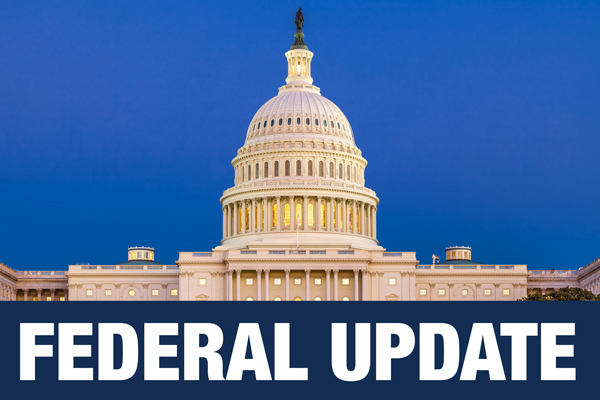Last week, a federal court in Texas issued a nationwide preliminary injunction blocking the U.S. Department of Labor (DOL) from enforcing the new federal overtime rule, which was set to take effect on December 1.
In response, DOL and its co-defendants filed a notice of appeal in the same federal court in Texas.
The federal overtime rule has been controversial, as it more than doubled the current federal salary level that must be met before an employee can be classified as exempt from overtime under one of the so-called white-collar exemptions (the executive, administrative and professional exemptions).
The federal overtime rule required a minimum salary of $913 per week, which also is higher than California’s minimum salary threshold.
A group of states joined forces in September on a lawsuit challenging the overtime rule, followed up with an October request to the federal court to stop the overtime rule before its December 1 effective date. The lawsuit claimed that the DOL overstepped its authority in enacting the rule.
Business groups also brought a lawsuit challenging the rule. The November 22 decision to block enforcement of the rule was a victory for the states and business groups who had filed suit.
In granting the preliminary order to halt the rule, the court wrote that the states showed a “likelihood of success on the merits” of the lawsuit “because the Final Rule exceeds the Department’s authority.”
For now, the rule is stopped while the litigation continues.
What This Means for Employers
Because the federal overtime rule currently cannot be enforced, California employers should use the California salary test to determine whether an employee can be classified as exempt under the executive, administrative and professional exemptions.
The current minimum monthly salary test for most exempt executive, administrative and professional employees is no less than two times the state minimum wage for full-time employment— $3,466.67 per month for 2016.
In addition to the salary test, California employees must meet a strict duties test to be classified as exempt.


